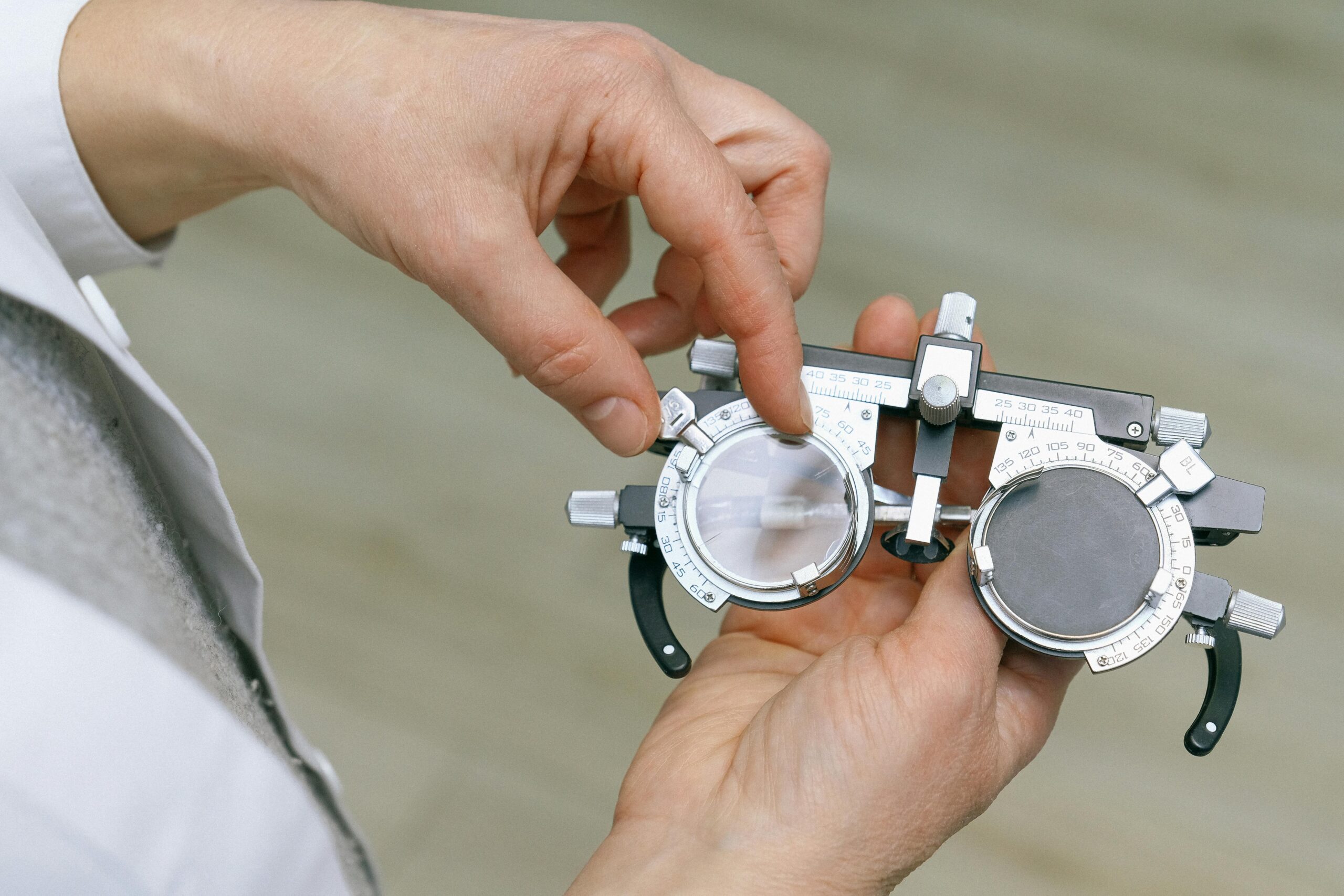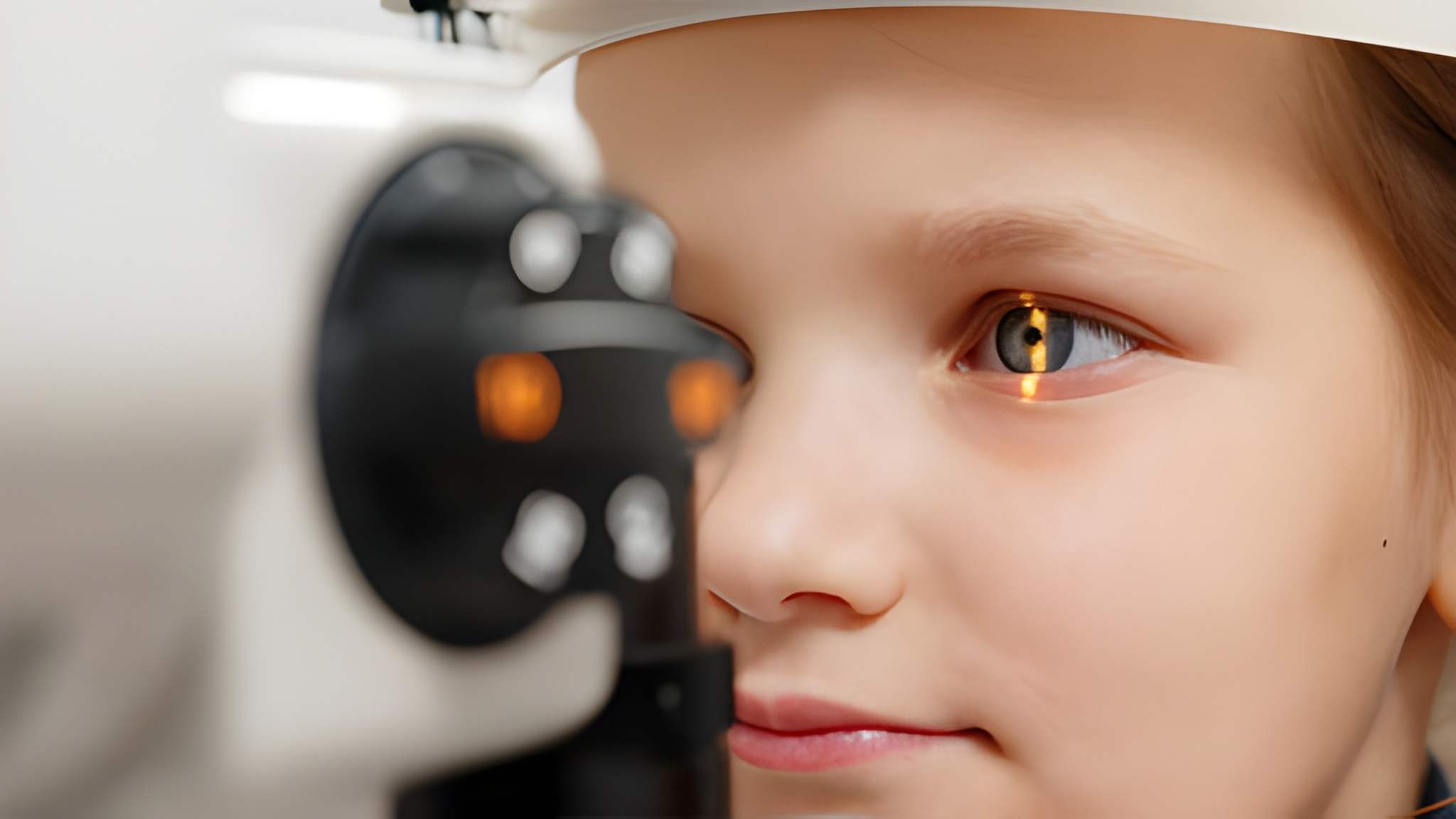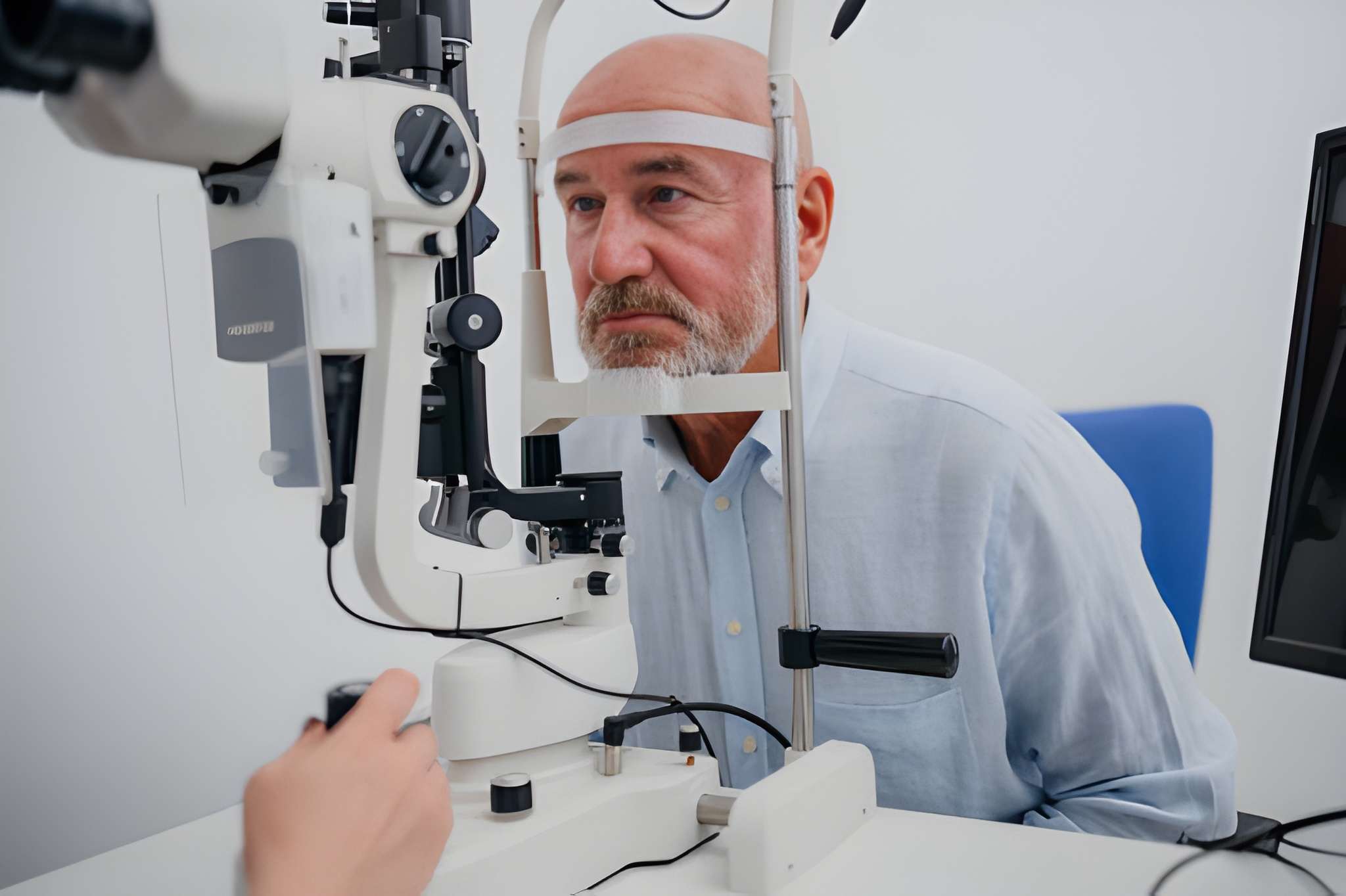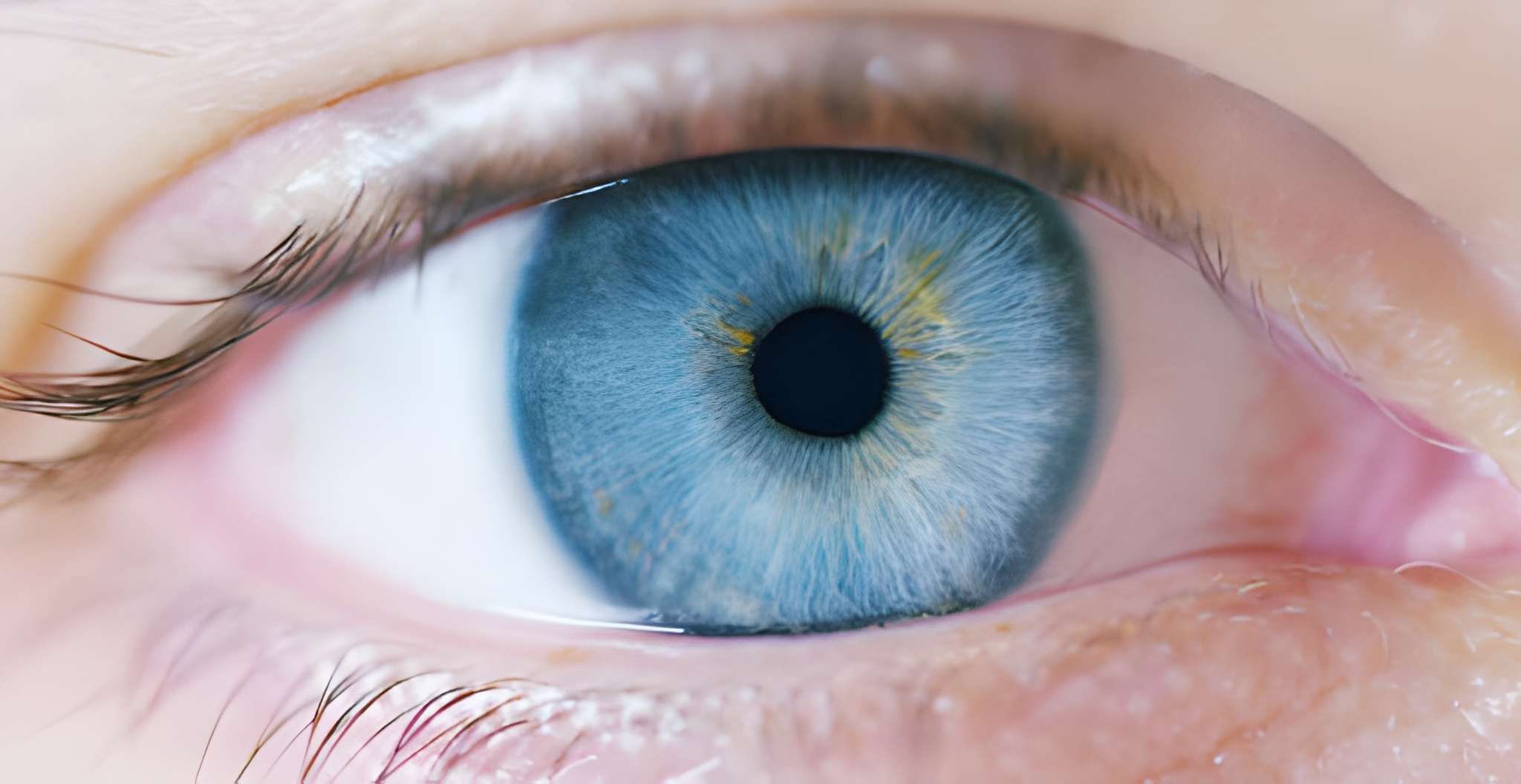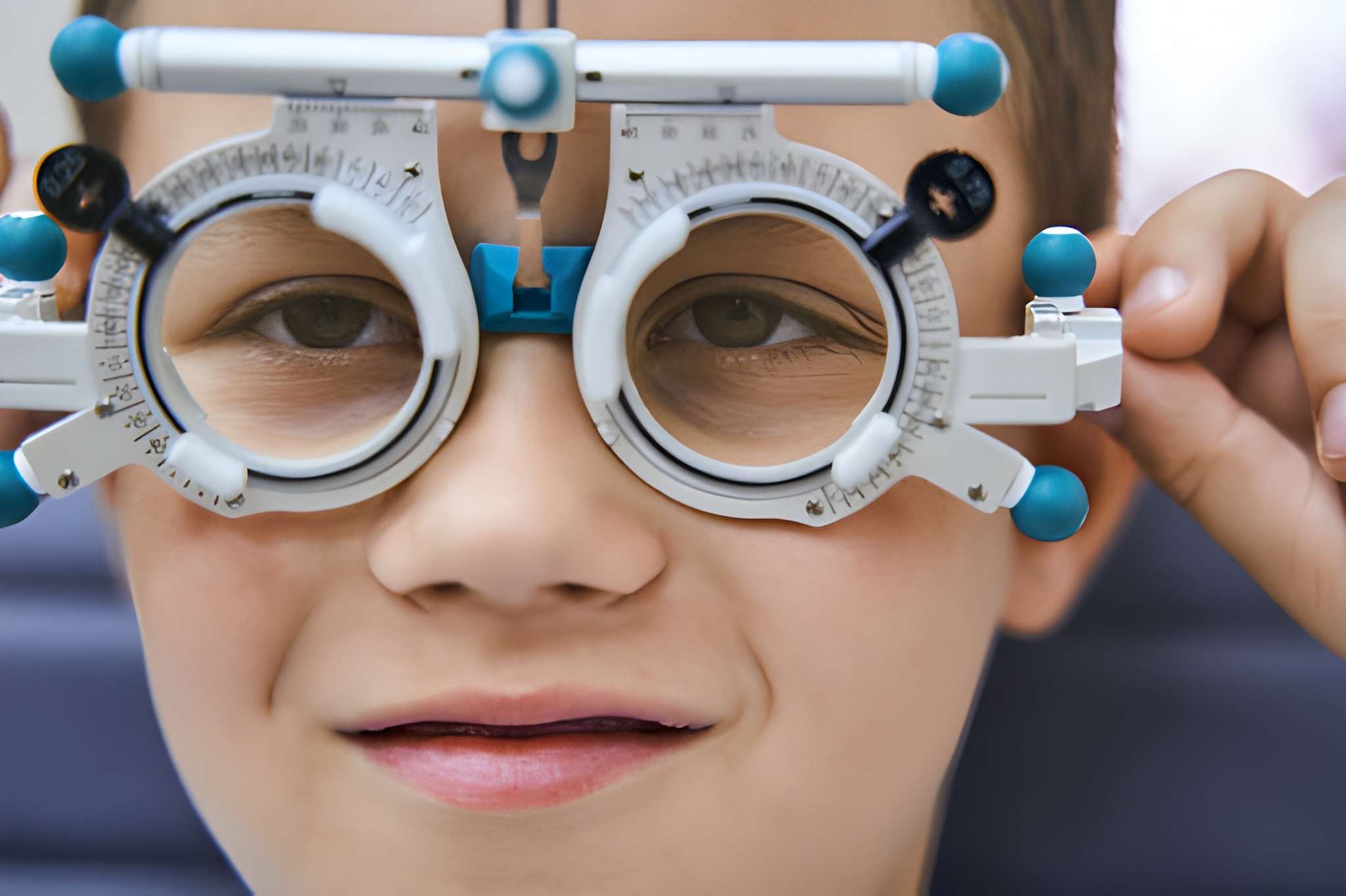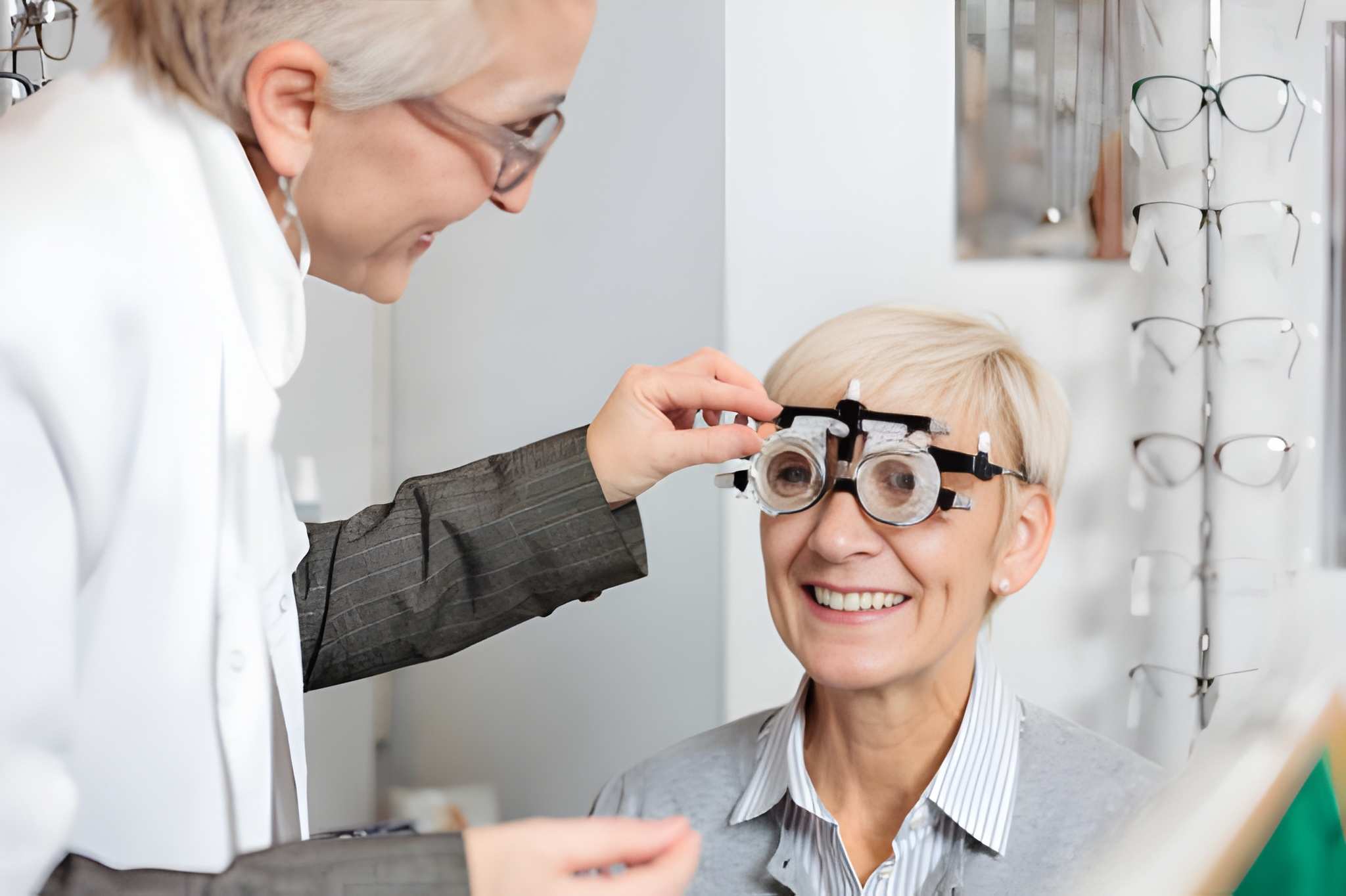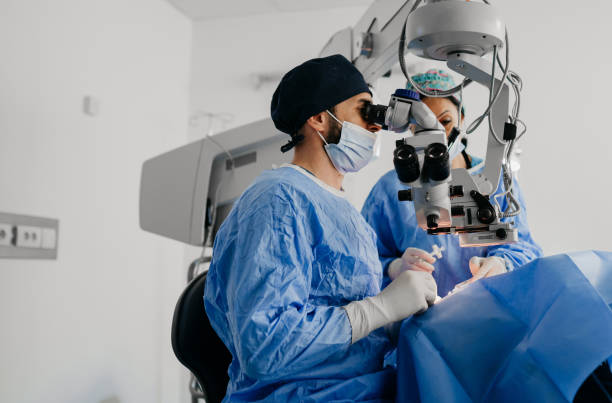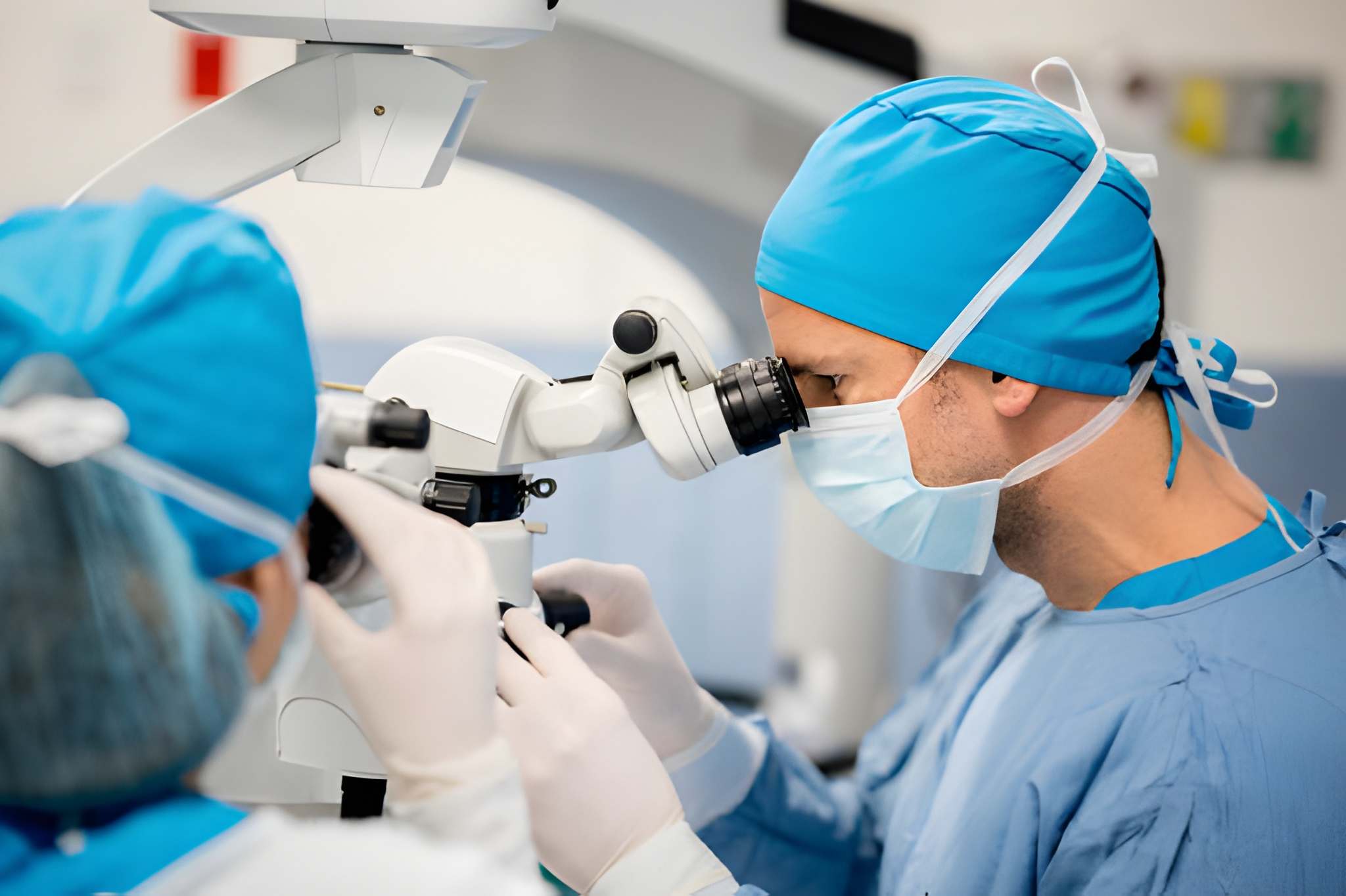Eye health plays a crucial role in your overall well-being, and taking proactive steps to ensure optimal vision is vital. Whether you’re visiting an ophthalmologist for the first time or seeking specialized care in Dubai, understanding what to expect can make the experience more comfortable and effective. This comprehensive guide covers everything from common eye conditions treated to diagnostic tools and frequently asked questions—so you can make informed decisions about your vision care.
Before You Visit: How to Prepare for an Eye Consultation
Preparation begins with scheduling your appointment. You can call +971 4 4211 299 or email info@eyeconsultants.ae to request a consultation. Make sure to carry any previous eye prescriptions, a list of medications you’re currently taking, and your insurance information. Wear your glasses if you use them regularly, and avoid driving yourself if you suspect your eyes may be dilated during the exam.
Your First Eye Checkup: The Process
On the day of your visit, you’ll be greeted at the clinic—located in Al Razi Bldg No. 64, Block C, 1st Floor, Unit 1017, Healthcare City, Dubai. The eye specialist will begin by assessing your medical history and current eye concerns. Several diagnostic tests will be conducted based on your symptoms, including:
- Visual acuity test
- Eye pressure (tonometry) test
- Refraction test
- Retinal exam
Conditions Treated by Eye Consultants in Dubai
The Department of Ophthalmology in Dubai provides comprehensive care for an extensive range of eye conditions. These include:
- Cataract
- Diabetic eye diseases and retinal disorders
- Glaucoma
- Inflammatory eye disease
- Genetic/hereditary eye disorders
- Pediatric eye diseases
- Optic neuritis and papilledema
- Astigmatism
Advanced Diagnostic Tools and Equipment
Top-tier clinics in Dubai, such as Eye Consultants and Fakeeh University Hospital, leverage cutting-edge diagnostic imaging and treatment tools to ensure precise evaluation and treatment. Equipment includes:
- OCT Angiograph
- Fundus Camera
- Pentacam
- Automated Perimetry for Glaucoma Diagnosis
- Specular Microscopy
- IOL Master
- Ocular Ultrasound (A/B scan)
- Retinal Argon Laser
- Yag Laser
Why Choose Eye Care Services in Dubai?
Dubai is home to top-tier ophthalmology specialists who not only bring international experience but also use the most advanced techniques and technologies. Clinics like Eye Consultants and Fakeeh University Hospital offer a wide spectrum of services and are known for personalized eye care, from diagnosis to surgical treatment.
Common Eye Concerns That Warrant a Visit
Many people only consider seeing an eye doctor when their vision starts to deteriorate. However, regular eye examinations should be a part of your routine healthcare, especially if you are facing any of the following conditions:
- Blurry or double vision
- Eye floaters or flashes
- Frequent headaches
- Difficulty focusing
- Family history of eye disease
- Diabetes or other systemic illness
How to Request an Appointment
Booking your consultation is easy. You can do so via phone at +971 4 4211 299, email at info@eyeconsultants.ae, or visit the Eye Consultants website. After your appointment, ongoing communication is available through online enquiry systems and follow-up visits tailored to your individual needs.
Call to Action: Don’t compromise on your eye health. Take the next step in caring for your vision by booking a consultation with one of Dubai’s best eye doctors today. Contact us at info@eyeconsultants.ae or call +971 4 4211 299.
FAQs
What should I bring to my first eye consultation?
Bring previous eye prescriptions, a list of current medications, insurance details, and wear your glasses if you use them regularly.
How often should I have an eye exam?
Adults should aim for a comprehensive eye exam every 1–2 years, or more frequently if you have existing eye conditions or systemic illnesses.
Is surgery necessary if I’m diagnosed with glaucoma?
Not always. Your treatment plan may include medications, laser therapy, or surgery depending on the severity and progression of the disease.
What technology is used during eye exams?
Clinics use tools like OCT Angiograph, Pentacam, and Fundus Camera for precise diagnostics and better treatment planning.
Can children receive eye care services in Dubai?
Absolutely. Pediatric eye conditions are treated by specialized ophthalmologists with expertise in managing eye health in children.



